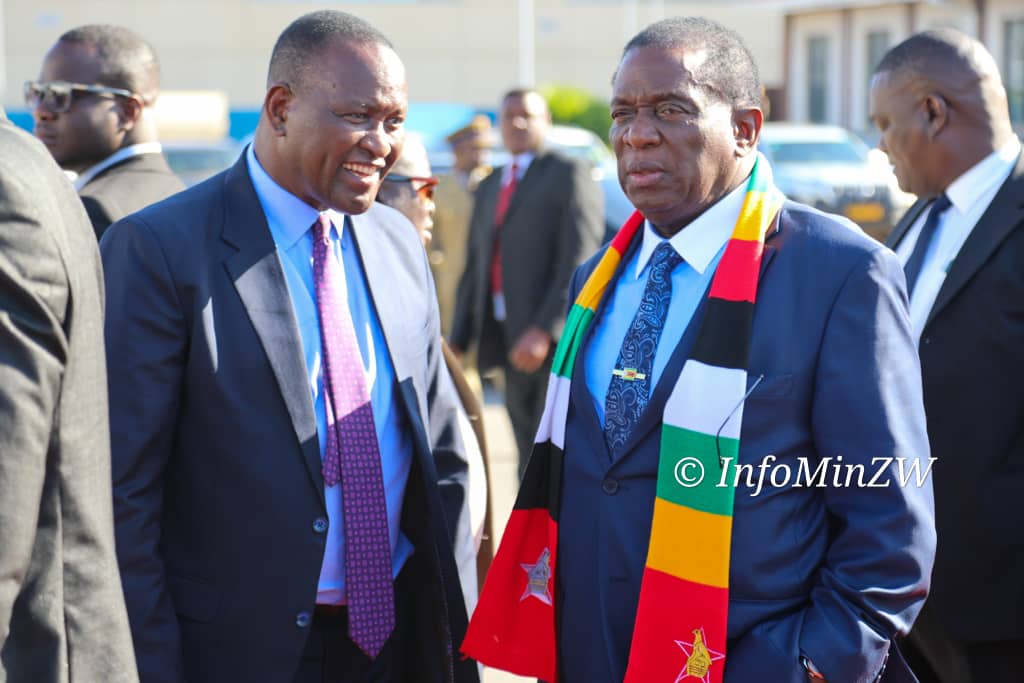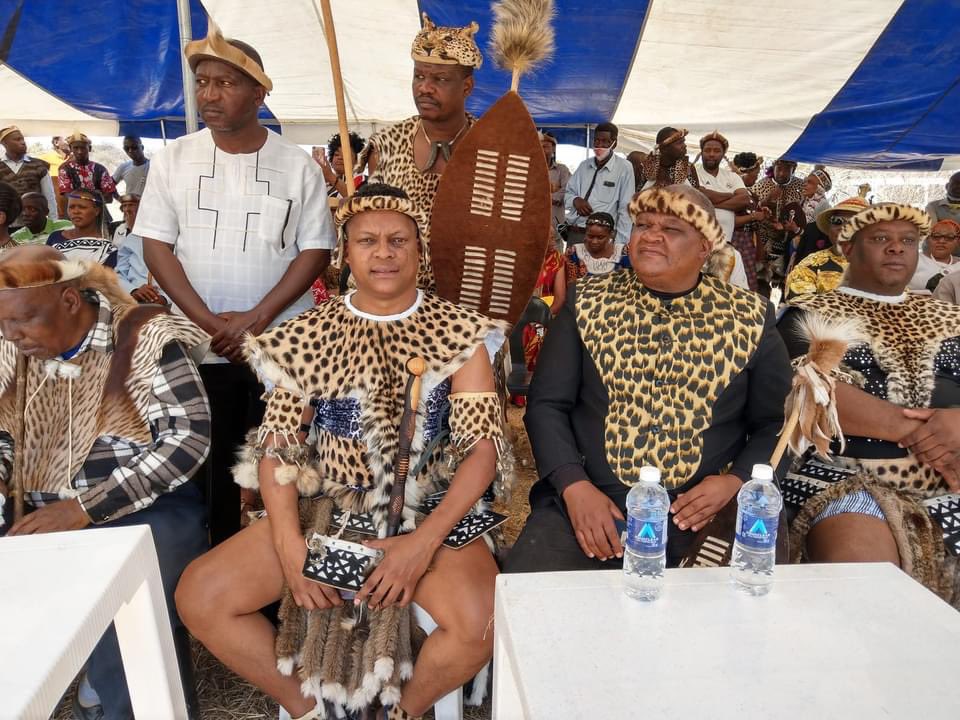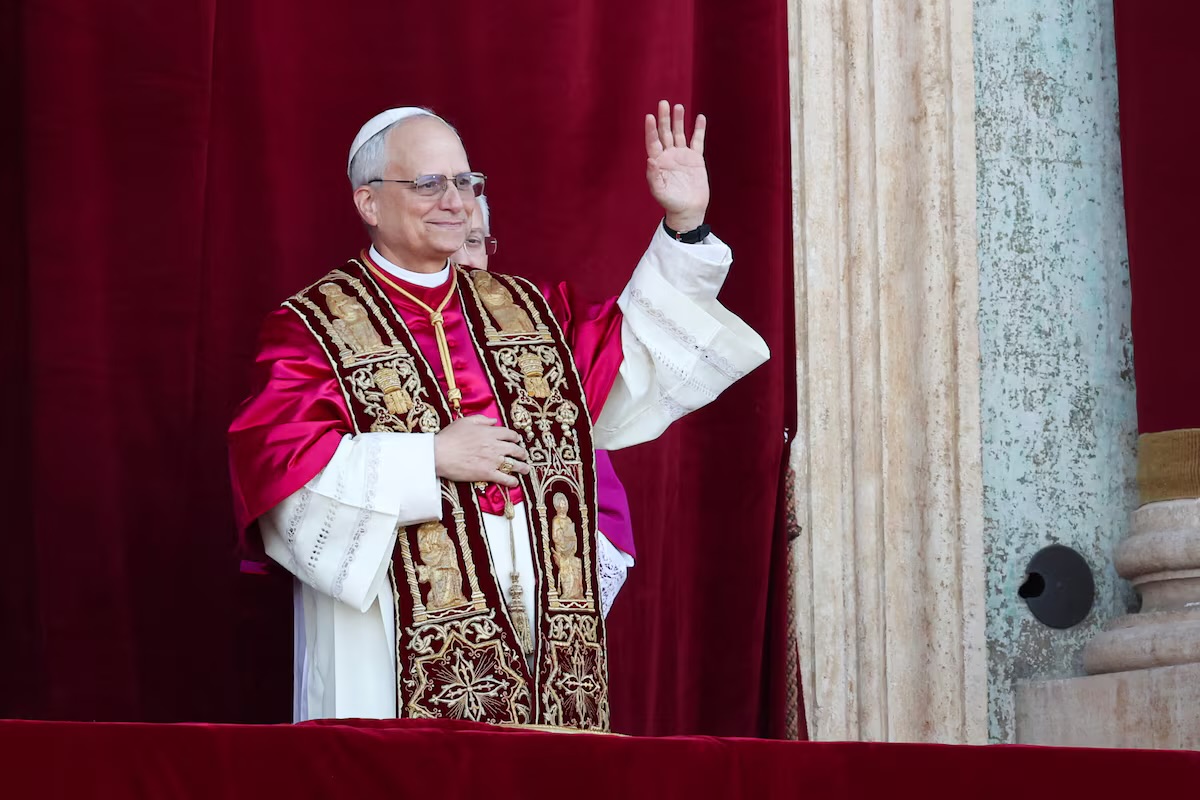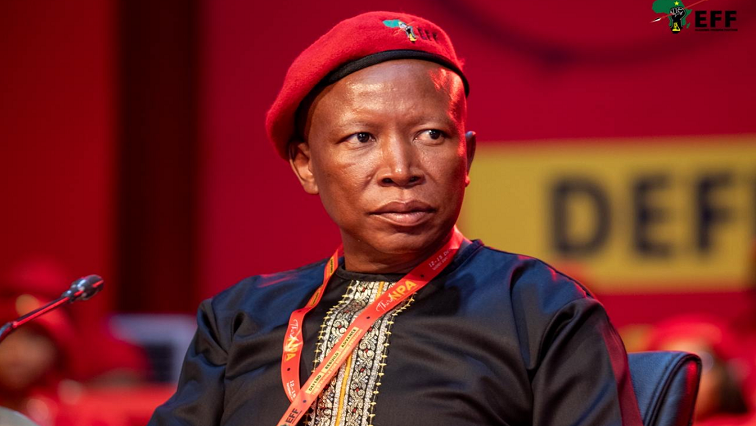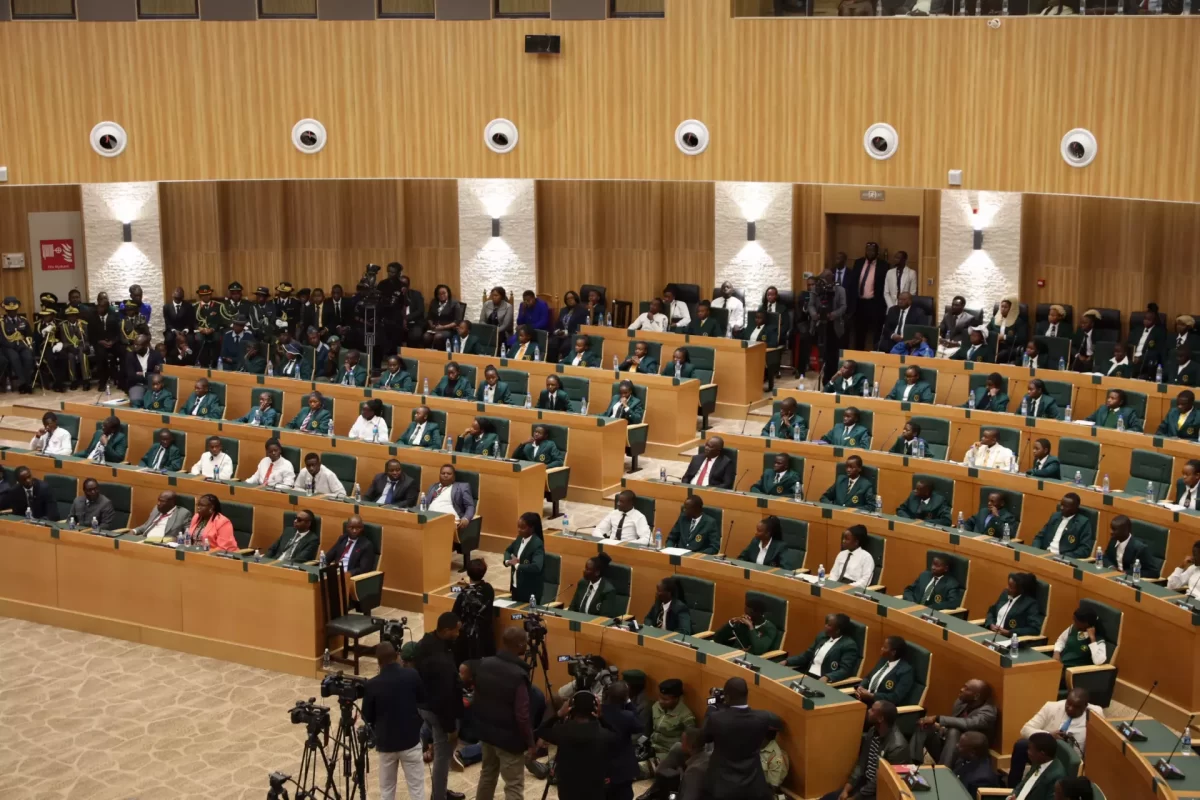HARARE – Zimbabweans will vote in general elections on August 23, President Emmerson Mnangagwa announced in a proclamation on Wednesday.
The nomination court will sit on June 21 to vet candidates, and should the election produce no clear winner, a run-off election will be held on October 2, the Zanu PF leader announced.
Mnangagwa said in the proclamation published in a government gazette: “In relation to the election to the office of president referred to in section 92(1) of the constitution, determine that a nomination court shall sit on the 21st day of June, 2023, commencing at 10 o’clock in the morning, in the High Court, Court A, Mapondera Building, Samora Machel Avenue, Harare.
“Now, therefore, under and by virtue of the powers vested in the president as aforesaid, I do, by this proclamation… fix the 23rd day of August, 2023, as the day of the election to the office of president, the election of members of the National Assembly and election of councillors.
“And… fix the 2nd day of October, 2023, as the day of the runoff election to the office of president, that is to say as the day on which a poll shall be taken if such a poll becomes necessary in terms of section 38(1)(a)(iii) of the Electoral Act.”
The proclamation means Zimbabweans not yet registered to vote have until end of day on Friday to register as voters if they are to cast their ballots in August’s election.
The announcement came as the main opposition Citizens Coalition for Change accused Zanu PF of using shadowy organisations to meddle in ongoing voters roll verification by voters.
Tendai Biti, the party’s deputy leader, told parliament on Tuesday that agents of on organisation known as Forever Associate Zimbabwe (FAZ) had been seen at polling stations throughout the country purportedly providing “security.”
“They are virtually in every polling station,” Biti said. “We read that they purport to come from the intelligence service but we know the intelligence service and our intelligence authority. What is this creature called FAZ and why is it interfering with our elections? If we create parallel structures, it will lead to disaster and military coups.”
FAZ is reportedly run by the Central Intelligence Organisation, raising questions about the agency’s partisan role in sustaining Zanu PF’s rule.
The Zimbabwe Electoral Commission (ZEC) is also facing criticism for refusing to release a searchable voters roll to opposition parties, while the same is available to Zanu PF. Many voters are reporting failing to find their names on the roll of voters at polling stations where they previously voted, and are registered.
CCC leader Nelson Chamisa is reportedly anxious to avoid focusing too much on ZEC’s shortcomings, fearing this could discourage voters from coming out on August 23.
Some fear ZEC is not ready to conduct a free-and-fair election.
“The fact that, following today’s election proclamation, the cut-off date for voter registration for the forthcoming election is June 2, 2023, only a day after the end of the ongoing voter inspection of the provisional voters roll means that ZEC’s preparation and compilation of the final voters roll will be based on a poorly audited provisional voters roll. That’s bad news,” said former Tsholotsho North MP and political scientist Professor Jonathan Moyo.

